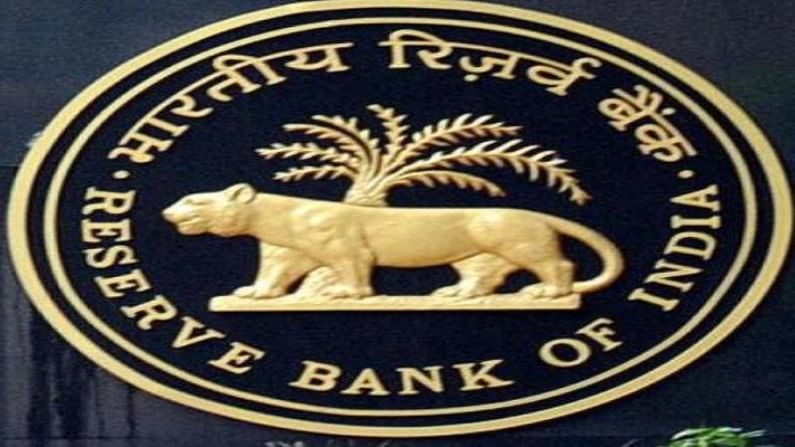Reserve Bank of India says SBI, ICICI Bank and HDFC Bank remain systemically important banks
The Reserve Bank had issued the framework for dealing with D-SIBs in July 2014.

Mumbai: The RBI said state-owned SBI, along with private sector lenders ICICI Bank and HDFC Bank continue to be Domestic Systemically Important Banks (D-SIBs) or institutions which are ‘too big to fail’.
SIBs are subjected to higher levels of supervision so as to prevent disruption in financial services in the event of any failure.
The Reserve Bank had issued the framework for dealing with D-SIBs in July 2014.
The D-SIB framework requires the central to disclose the names of banks designated as D-SIBs starting from 2015 and place these lenders in appropriate buckets depending upon their Systemic Importance Scores (SISs).
“SBI, ICICI Bank, and HDFC Bank continue to be identified as Domestic Systemically Important Banks (D-SIBs), under the same bucketing structure as in the 2018 list of D-SIBs,” RBI said.
The additional Common Equity Tier 1 (CET1) requirement for D-SIBs was phased-in from April 1, 2016 and became fully effective from April 1, 2019. The additional CET1 requirement will be in addition to the capital conservation buffer, the central bank said.
The additional CET1 requirement as a percentage of Risk Weighted Assets (RWAs) in case of the State Bank of India (SBI) is 0.6 per cent, while for the other two banks it is 0.2%.
Based on the bucket in which a D-SIB is placed, an additional common equity requirement has to be applied to it.
In case a foreign bank having branch presence in India is a Global Systemically Important Bank (G-SIB), it has to maintain additional CET1 capital surcharge in the country as applicable, proportionate to its RWAs.
SIBs are seen as ‘too big to fail (TBTF)’, creating expectation of government support for them in times of financial distress. These banks also enjoy certain advantages in funding markets.